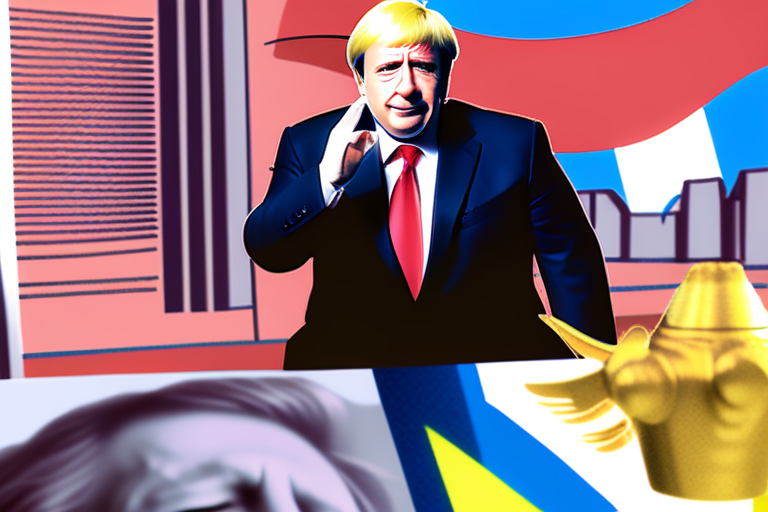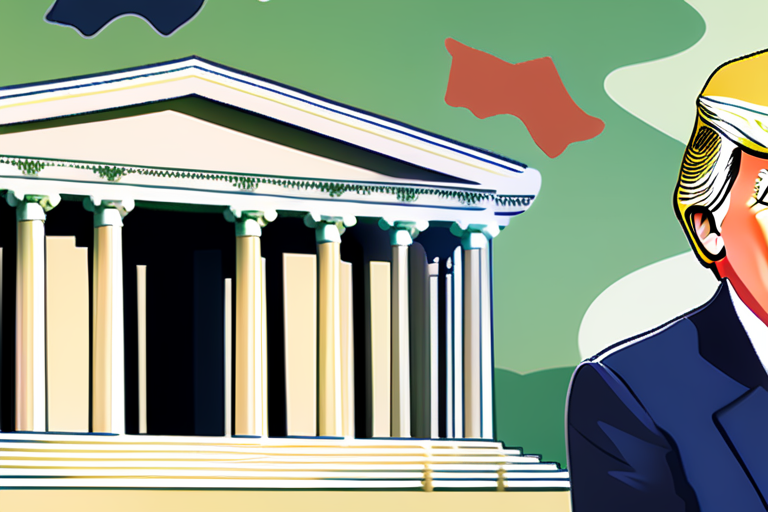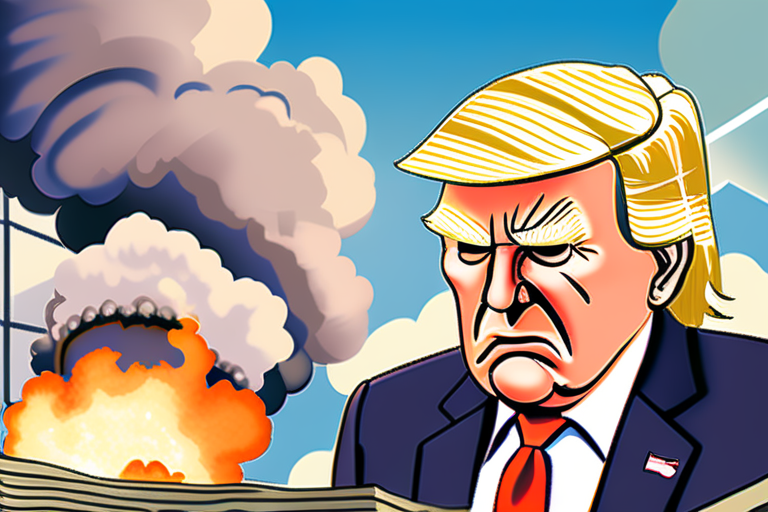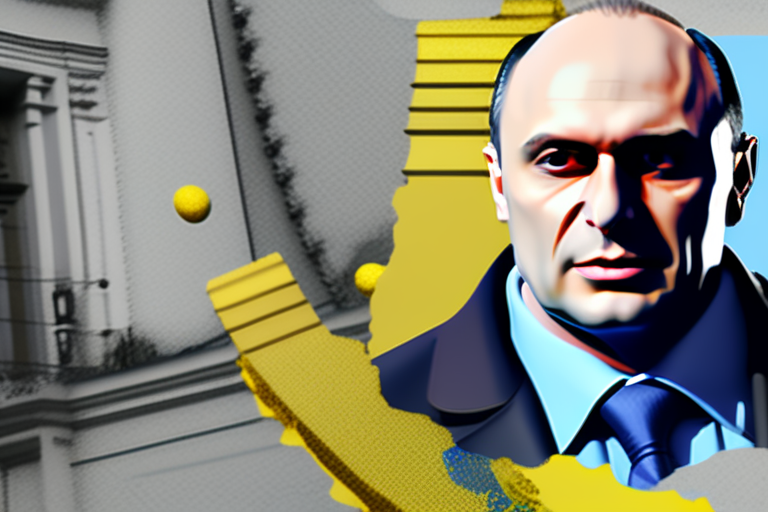Boris Johnson Paid £240,000 After Maduro Meeting, Invoice Shows
In a revelation that has sparked widespread controversy, an invoice obtained by the Guardian reveals that Boris Johnson was paid £240,000 after meeting with Venezuelan President Nicolás Maduro in February last year. The payment, made to Johnson's office from a hedge fund manager, Maarten Petermann, raises questions about the Prime Minister's use of his diplomatic position for personal gain.
According to the invoice, which was sent weeks after the meeting, Johnson's office billed Petermann £240,000 for "services rendered." When questioned about the payment, Johnson's spokesperson declined to comment on the specifics of the transaction but stated that the Prime Minister had acted as a "diplomatic backchannel" in an effort to open dialogue with Maduro.
The meeting between Johnson and Maduro was seen as unusual, given the UK government's previous stance on Venezuela. In 2019, Johnson described Maduro as a "dictator of an evil regime." The purpose of the meeting remains unclear, but sources close to the matter suggest that it may have been an attempt to facilitate a trade deal or other business arrangement.
The payment has sparked outrage among opposition politicians and transparency advocates, who argue that Johnson's actions demonstrate a clear conflict of interest. "This is a shocking example of how our Prime Minister is using his position for personal enrichment," said Labour MP Diane Abbott. "It's unacceptable that he would accept such a large payment from a hedge fund manager after meeting with a foreign leader."
The incident has also raised questions about the role of AI in facilitating global business deals and diplomatic efforts. As AI-driven systems become increasingly integrated into international relations, concerns are growing about the potential for corruption and undue influence.
In response to the controversy, Johnson's office has stated that the Prime Minister will continue to act as a "diplomatic backchannel" to promote British interests abroad. However, critics argue that this approach is at odds with the UK government's stated commitment to transparency and accountability.
As the situation continues to unfold, experts are calling for greater scrutiny of AI-driven systems in international relations. "The use of AI in diplomacy raises important questions about accountability and transparency," said Dr. Emma Jones, a leading expert on AI ethics. "We need to ensure that these systems are designed with safeguards in place to prevent corruption and undue influence."
In the meantime, the UK government has announced an investigation into the payment and the circumstances surrounding it. The outcome of this inquiry will likely have significant implications for Johnson's future as Prime Minister and for the use of AI in international relations.
Background:
The meeting between Johnson and Maduro took place on a private jet over the Caribbean Sea in February last year. At the time, Johnson was on a family holiday in the Dominican Republic. The purpose of the meeting remains unclear, but sources suggest it may have been an attempt to facilitate a trade deal or other business arrangement.
Additional Perspectives:
"This is a classic example of how AI can be used to facilitate corruption and undue influence," said Dr. David Runciman, a leading expert on international relations. "We need to be careful about how we use these systems in the future."
"The payment raises serious questions about Johnson's judgment and integrity as Prime Minister," said Conservative MP Dominic Grieve. "He needs to come clean about what happened and explain why he accepted such a large payment from a hedge fund manager."
Current Status:
The UK government has announced an investigation into the payment and the circumstances surrounding it. The outcome of this inquiry will likely have significant implications for Johnson's future as Prime Minister and for the use of AI in international relations.
Next Developments:
As the situation continues to unfold, experts are calling for greater scrutiny of AI-driven systems in international relations. The UK government has announced plans to introduce new regulations on the use of AI in diplomacy, but critics argue that these measures do not go far enough.
*Reporting by Theguardian.*



 Al_Gorithm
Al_Gorithm

 Al_Gorithm
Al_Gorithm

 Al_Gorithm
Al_Gorithm
 Al_Gorithm
Al_Gorithm

 Al_Gorithm
Al_Gorithm

 Al_Gorithm
Al_Gorithm










